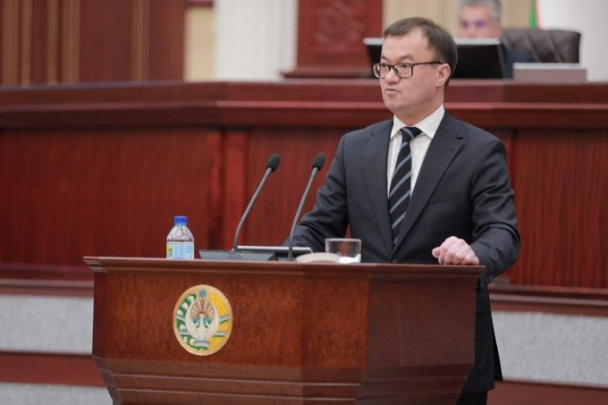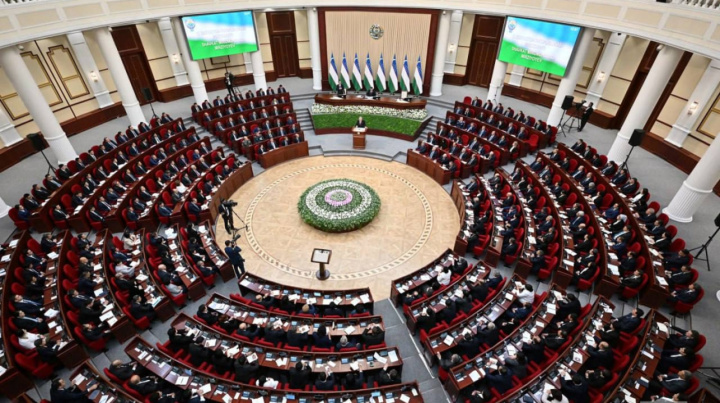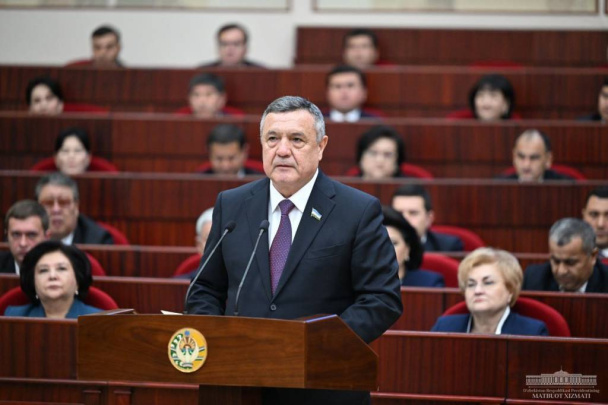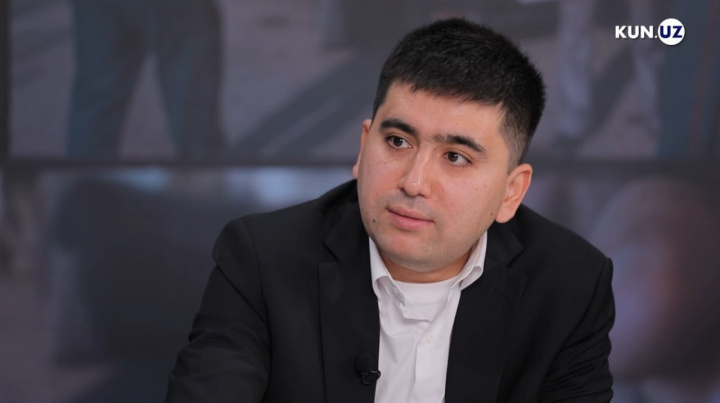What should Uzbekistan’s next parliament look like?
The next parliamentary elections will be held in Uzbekistan next year. The new parliament will operate in 2025-2030. A parliament that the people trust is essential for social stability, regional competitiveness and a positive global reputation.
Human history is accelerating. Processes are intensifying. What does this mean? “Acceleration of history” is actually a scientific term, a phenomenon recognized by scientists. This refers to the increasing number of events of world importance within a given period.
Humanity is entering new stages of globalization. Information technologies, social networks will continue to provide people with an unprecedented exchange of information, a large and free flow of information. As a result, more and more free worldview is formed in people.
On the one hand, this is a huge opportunity for change. At the same time, it sets important tasks for state institutions. In the recent past, Uzbek society has experienced a period of severe authoritarianism. Even today, the situation is controversial. Fear in social thinking is melting away. However, the activity of state institutions is not proportionate to social requests and needs. Authoritarian thinking and work is strong in state institutions.
Why do we need a parliament that society can trust? According to the Constitution of Uzbekistan, the role of two state bodies in management is incomparable. These are presidential and parliamentary institutions. The president is an individual. Parliament is a big team. All over the world, parliaments are at the center of social-political life, and this institution is an important center that strengthens the legitimacy of the state.
How parliament thinks and works is rooted in the political consensus that shaped it. That is, how free the parliamentary elections are, how much political pluralism is ensured – these factors determine the potential of the parliament and trust in it.
According to the law, elections must be announced three months before the end of the parliamentary term. New parties must be registered at least six months before the announcement of the election campaign. This means that if new parties are not formed or registered by February-March 2024, the “one-party” parliament will remain in Uzbekistan until 2030.
There are officially five parties in Uzbekistan. However, the society of Uzbekistan and the outside world accept our parliament as de facto “one-party”. It is no secret that trust in the parliament is low. This is a serious political flaw in the globalization era.
I understand that politicians have a view that “a free and pluralistic parliament can be dangerous”. However, the political mindset should be such that the problem should not be covered or denied, but it should be recognized earlier and a solution should be sought.
So, there is exactly one year left to revive parliamentarism in Uzbekistan, to turn it into a real political institution. This is enough time to make an important decision.
Uzbekistan needs new parties. It would be good if the parliamentary elections were also changed. For example, if half of the Legislative Chamber is formed on the basis of majoritarian and half – on the basis of party lists, it would stimulate the revitalization and ideological strengthening of the parties.
The government of Uzbekistan faces a big choice: either to liberalize and revitalize state institutions, including the parliament, or to live with an indescribable society. If the society does not believe in the institutions of the state, it will be difficult to express the people.
We should not be afraid to liberalize the parliament. The presence of free parties and deputies in the parliament, in fact, will only benefit all sectors of the state. A free and trusted parliament is very important for stability in Uzbekistan, regional competition and global reputation. Neighboring Kazakhstan has started more serious administrative and political reforms. Major political changes are expected in Russia by 2030.
In this background, Uzbekistan will have to form a parliament that the people can trust. For this, we need parties, deputies and an electoral system that people trust. No matter how free the parliament is, the interaction and communication of state bodies will not derail the situation. The main thing is a culture of free and mutually respectful communication. This thing can be done by the executive power.
Related News

15:31 / 19.02.2025
Ministry of Justice to gain powers to inspect and seize counterfeit goods

12:05 / 19.11.2024
Legislative Chamber reduces committees from 12 to 10 in streamlining effort

15:45 / 18.11.2024
Nuriddin Ismoilov re-elected as Speaker of Uzbekistan’s Legislative Chamber

12:20 / 06.08.2024



